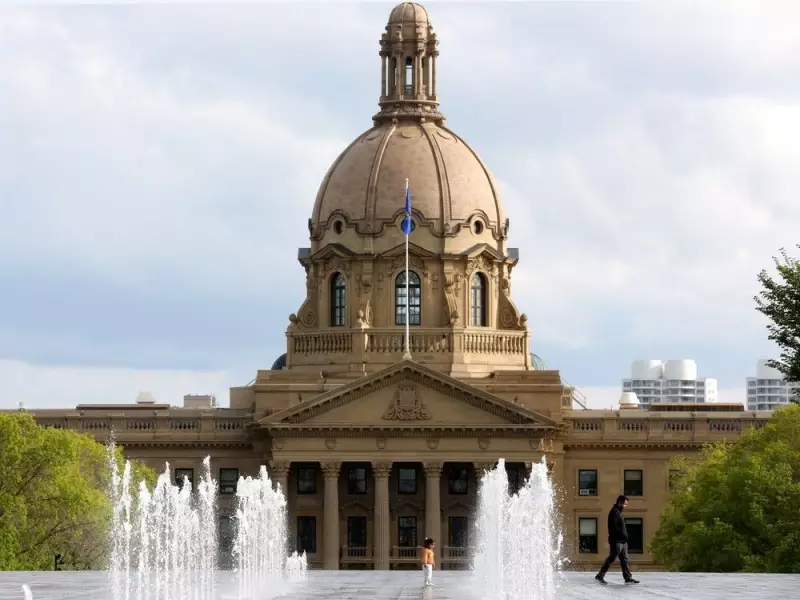
In a dramatic move that could reshape Alberta's political landscape, Elections Alberta is pressing the provincial government to take a hard second look at a staggering $13.5 million funding request tied to new recall and citizen initiative legislation.
The non-partisan election authority has raised serious concerns about the financial implications of implementing the contentious Bill 52, which establishes frameworks for recalling elected officials and launching citizen-driven initiatives. The legislation, championed by the governing UCP, represents one of the most significant changes to Alberta's democratic processes in recent years.
Financial Reality Check
According to documents obtained by Postmedia, Elections Alberta has delivered a sobering assessment of what these new democratic tools would actually cost taxpayers. The $13.5 million price tag covers the extensive infrastructure, staffing, and administrative overhead required to manage what could become a flood of recall petitions and citizen initiatives across the province.
The funding request comes at a time when Alberta faces numerous financial pressures, from healthcare demands to infrastructure projects. Elections Alberta's intervention suggests the election body believes the government may not have fully considered the long-term financial commitment of maintaining these new systems.
Recall Legislation: A Costly Proposition
The recall mechanism alone presents significant administrative challenges. Under the proposed rules, constituents could attempt to remove their MLA, municipal councillor, or school board trustee through petition drives. Each effort would require verification, oversight, and potential investigations by Elections Alberta staff.
"What looks simple on paper becomes incredibly complex in practice," noted one democratic reform expert familiar with similar systems in other jurisdictions. "The administrative burden of verifying signatures, ensuring compliance with rules, and handling potential legal challenges adds up quickly."
Citizen Initiatives: Opening the Floodgates?
The citizen initiative component could prove even more resource-intensive. The legislation would allow Albertans to propose new laws or constitutional changes through petition drives. If successful, these initiatives could force legislative debate or even province-wide referendums.
Elections Alberta would be responsible for overseeing the entire process, from validating initial applications to certifying signature counts. In jurisdictions with similar systems, citizen initiatives have sometimes led to multiple simultaneous campaigns, each requiring significant oversight.
Political Implications
The funding dispute comes at a sensitive time for the Alberta government, which has promoted these reforms as enhancing democratic accountability. However, the substantial price tag revealed by Elections Alberta could force a reconsideration of the timing or scope of implementation.
Opposition critics have seized on the revelation, questioning whether the government properly costed the legislation before passing it. Some have suggested the $13.5 million might be better spent on frontline services or addressing more pressing provincial priorities.
As the government weighs its options, all eyes will be on whether it proceeds with full implementation, seeks modifications to reduce costs, or delays rollout amid fiscal concerns. The outcome will signal how seriously the province takes both democratic reform and fiscal responsibility.





